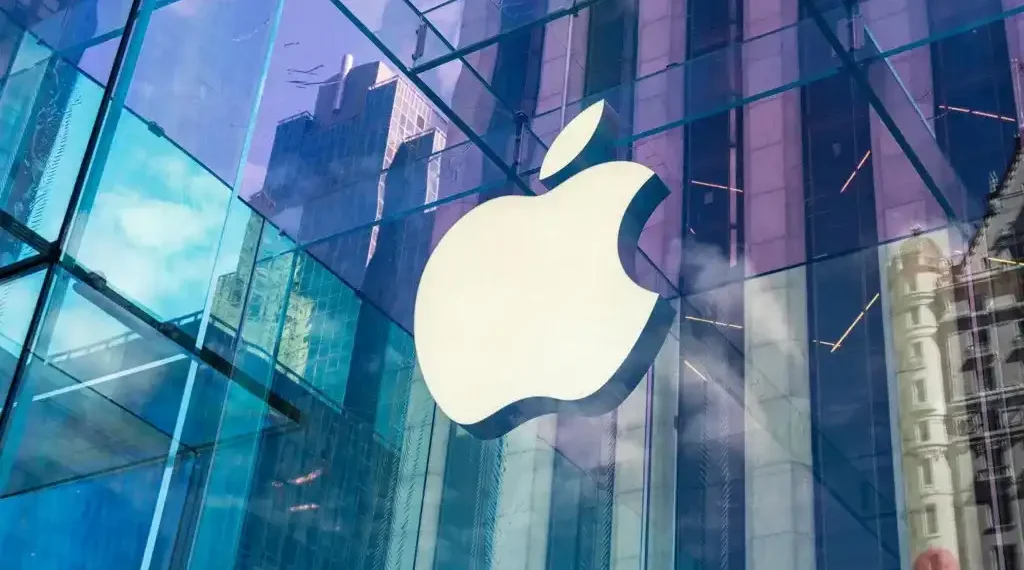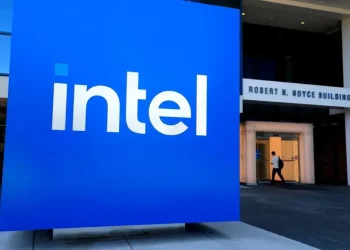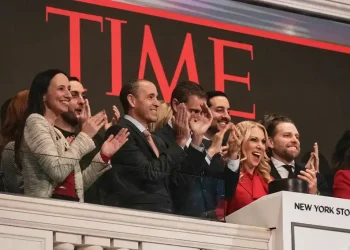UK Backs Down in Apple Privacy Dispute, U.S. Confirms
Published Time: 08-19-2025, 15:45
The UK has reportedly rescinded its controversial demand that Apple provide access to encrypted data of users worldwide, a move that raised civil liberties concerns in the United States. The decision follows criticism from privacy advocates and the tech industry, highlighting ongoing tensions between government surveillance powers and personal data protection.
UK Government Withdraws Apple Data Request
According to U.S. Director of National Intelligence reports, the UK has agreed to abandon its instruction requiring Apple to provide a “back door” to user data. Tulsi Gabbard, former U.S. congresswoman, confirmed in a post on X (formerly Twitter) that the UK decision prevents potential access to encrypted data of American citizens, safeguarding civil liberties.
A UK government spokesperson told the BBC:
“We do not comment on operational matters, including confirming or denying the existence of such notices. We have long had joint security and intelligence arrangements with the U.S. to tackle the most serious threats such as terrorism and child sexual abuse, including the role played by fast-moving technology in enabling those threats.”
Apple’s Encryption and Response
In December, the UK reportedly issued a formal notice to Apple, demanding access to encrypted data from its global user base. However, Apple’s Advanced Data Protection (ADP) system prevents even the company from reading files of customers who have enabled the highest security settings. To comply, Apple would have had to break its own encryption, something the company has consistently refused to do.
“We have never built a backdoor or master key to any of our products or services, and we never will,” Apple stated in response.
Following the notice, Apple withdrew ADP from the UK market and initiated a legal challenge against the government’s order. A tribunal hearing on the matter was scheduled for early 2026, though it remains unclear whether this will continue after the UK’s reported withdrawal.
Implications for Other Tech Companies
Due to the secrecy surrounding the government order, issued under the Investigatory Powers Act, it is not known whether other technology companies received similar demands. Messaging platform WhatsApp, widely used across the UK, has stated it has not received any such notice.
Civil Rights Groups React
Privacy advocates and civil rights organizations welcomed the news cautiously. Sam Grant of Liberty, a UK-based civil rights group, said:
“If true, this decision is hugely welcome. The creation of a back door to citizens’ private data would have been a reckless and potentially unlawful move from the government.”
Grant emphasized that such powers could threaten both personal and national security, disproportionately affecting politicians, campaigners, and minority groups.
Similarly, Jim Killock, executive director of the Open Rights Group, expressed ongoing concerns:
“The UK’s powers to attack encryption remain on the law books and pose a serious risk to user security and protection against criminal abuse of our data.”
Existing U.S.-UK Data-Sharing Agreements
Despite this development, the U.S. and UK maintain legal frameworks for sharing data for law enforcement purposes. The Data Access Agreement allows both governments to exchange information to tackle criminal activity and serious threats. However, the Apple case underscores the tension between such agreements and the principle of end-to-end encryption that protects user privacy worldwide.
Looking Ahead
The withdrawal of the UK demand marks a significant moment in the ongoing debate over digital privacy, encryption, and government surveillance powers. While this decision may prevent the immediate creation of a “back door” to Apple devices, privacy experts warn that similar proposals could emerge in the future under existing laws.
Civil rights organizations continue to advocate for stronger safeguards to ensure that citizens’ encrypted communications remain protected from unauthorized government access. The case highlights the delicate balance between national security and individual privacy in an increasingly digital world.
This article was rewritten by JournosNews.com based on verified reporting from trusted sources. The content has been independently reviewed, fact-checked, and edited for accuracy, neutrality, tone, and global readability in accordance with Google News and AdSense standards.
All opinions, quotes, or statements from contributors, experts, or sourced organizations do not necessarily reflect the views of JournosNews.com. JournosNews.com maintains full editorial independence from any external funders, sponsors, or organizations.
Stay informed with JournosNews.com — your trusted source for verified global reporting and in-depth analysis. Follow us on Google News, BlueSky, and X for real-time updates.














